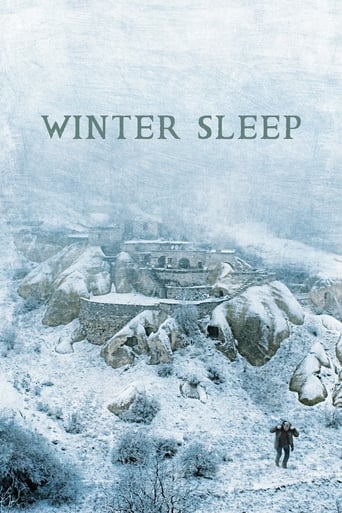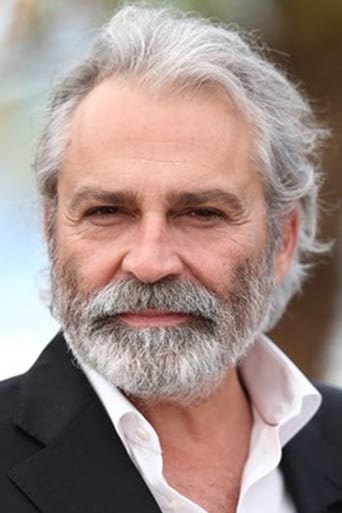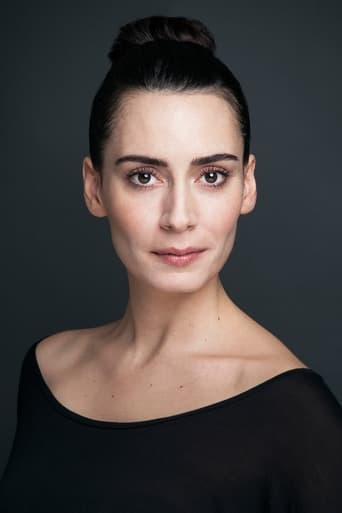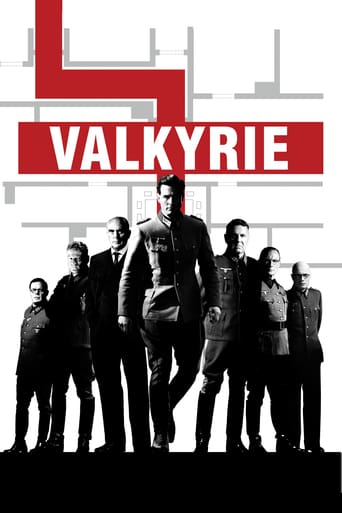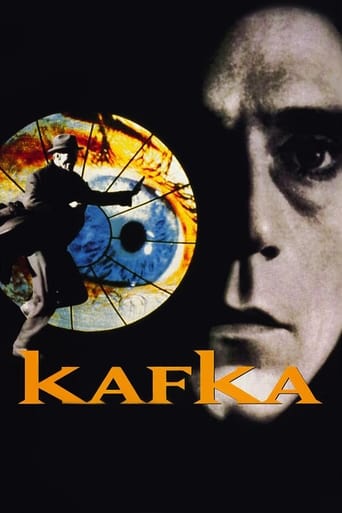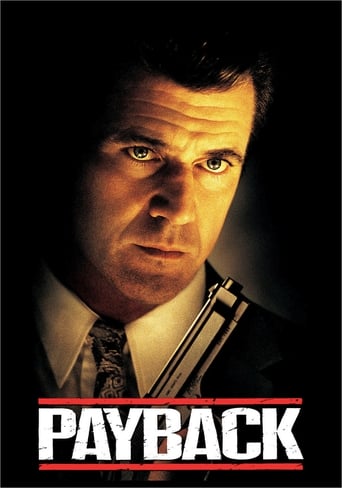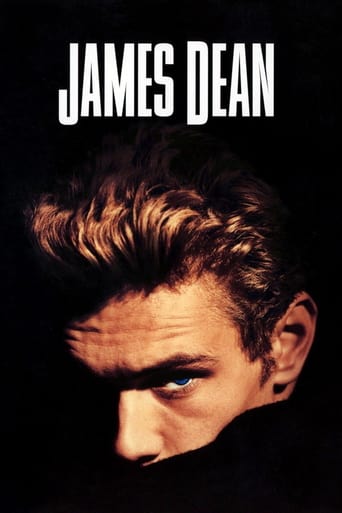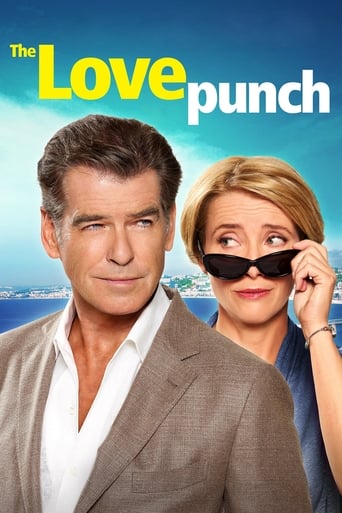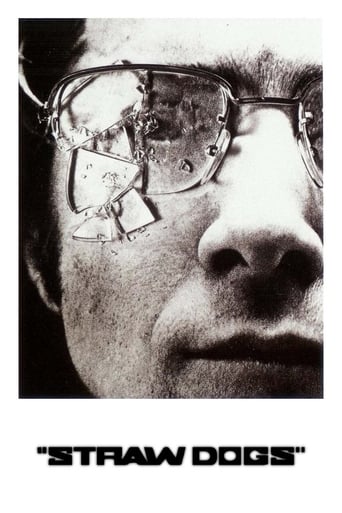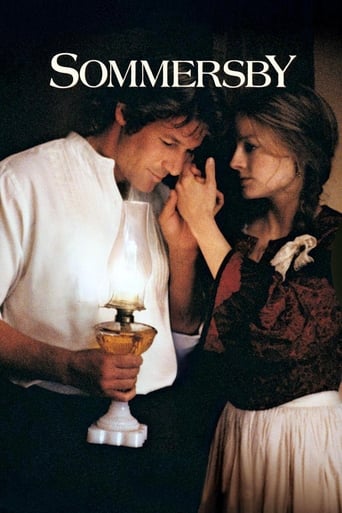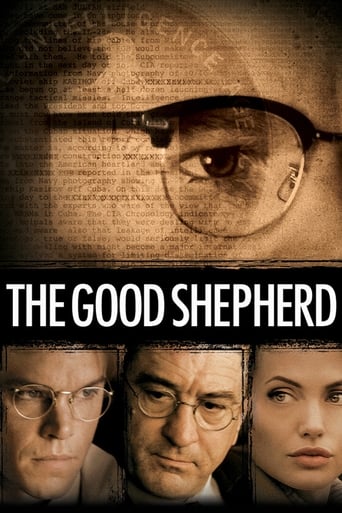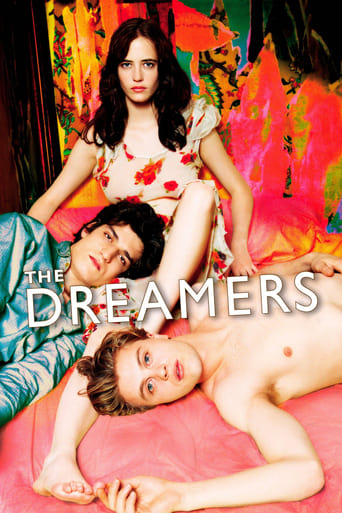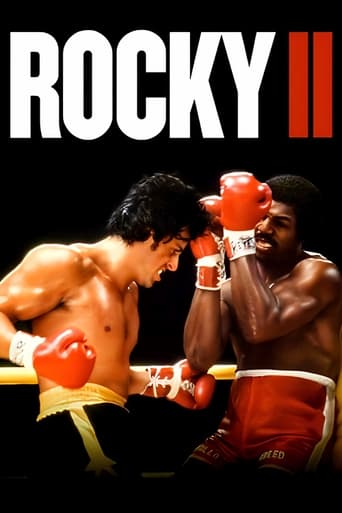Winter Sleep (2014)
Aydin, a retired actor, owns a small hotel in central Anatolia with his young wife Nihal and his sister Necla, who is coping with her recent divorce. During the winter, snow covers the ground and boredom brings the return of old memories, pushing Aydin to flee…
Watch Trailer
Cast


Similar titles
Reviews
Save your money for something good and enjoyable
Clever, believable, and super fun to watch. It totally has replay value.
It's hard to see any effort in the film. There's no comedy to speak of, no real drama and, worst of all.
Story: It's very simple but honestly that is fine.
I really didn't enjoy the movie, the characters are not deeply interesting, the feelings it shows are not even visceral, it is not innovative, its not dramatic, there are no breakdowns or changes in history, not interesting at all. Even if the landscapes are impressive, the history is too flat, the regular life of almost everybody would describe better the human behavior. This movie its more like a thriller that shows only the barren aspects of peoples interactions with each other.
There would seem to be something inherently uncinematic about the chamber drama: a work tied to one, domestic space and the conversations that ensue therein. With Winter Sleep, rightly celebrated Turkish auteur Nuri Bilge Ceylan proves, like Bergman before him, that the chamber drama can indeed be high cinema. While most of the scenes take place in interiors, in only a few different rooms, Ceylan and DP Gokhan Tiryaki create brilliant master- shots in which the characters converse. There are a handful of exteriors of the Anatolian steppe and they are, characteristic of Ceylan, exceptionally beautiful. Interior or exterior, the color palate of the film is beyond reproach- consisting, as the title suggests, almost entirely of winter hues.One of the themes that, it seems to me, connects Celyan's films is the gradations of power, sometimes brutally absolute power, that people wield over others in contemporary Turkish society. In the director's "Three Monkeys" modern Turkey was portrayed as an almost feudalistic society, except that capitalism had enabled different layers of classes, and thus different layers of serfdom. The bourgeois suffer for the infractions of the wealthy, and the poor suffer for those of the bourgeois. In "Winter Sleep" the power dynamics are more emotional than economic, though the latter still comes into play. Indeed, as much as this film consists of interactions between family members in private spaces, it may subtly be Ceylan's most socio-political statement. The characters are former Istanbulite "cultural elites" holed up in the majestic if impoverished Turkish steppe, most focally Aydin, a former actor and son of a local land lord who has uncomfortably inherited his dad's power, as well as the coldly beautiful ancestral home that he has converted into a picturesque hotel. Aydin tries to shield himself from moral responsibility for the misery imposed on his destitute tenants, a struggle for which his wife Nihal tries and fails to assume responsibility. Aydin consistently tries to blind himself from his real affect on the world by commenting on society in a weekly newspaper column in which he tries to come off as bearing properly Turkish sensibilities- promoting a fine line between "modern thinking" and religious propriety, even though he has no use for religion, is of Europeanized taste, and seems more comfortable chatting with his foreign guests in English than relating to the local people, or indeed, his family. The most consistent theme in the interactions between Aydin, his wife, and sister Necla is whether turning the other cheek will lead one's tormentor to see the wrong of their ways. These characters do, indeed, seem to employ this technique in their interactions. Nihal, for instance, accuses Aydin of causing her misery. Aydin asserts that he is a "modern husband" and that she is "free to go as she pleases", though reminds Nihal that she will be impoverished if she divorces him. He then offers to give her space by rejoining society- Istanbul, hoping that she will feel guilty for hurting his feelings and ask him to stay. This passive-aggressive give-and-take is repeated in superficially different ways throughout the film between different sets of the three relatives. On the verge of leaving for Istanbul for the winter to give Nihal and Necla some space, Aydin instead goes on a drunken hunting trip with an old friend and returns to the hotel, bearing a slain rabbit as an offering to his family. The only internal dialog in the film is its last lines, in which Aydin acknowledges to himself, though not to his family, his terror of the thought of being without them even though he knows they no longer love him. The family thus remains stranded together in the isolated, beautiful ruin of their ancestral home, Ceylan's metaphor for contemporary Turkish society. Consistently hoping the other will implicate themselves for the misery around them, the characters emotionally oppress one another by telling each other that their unhappiness is their own doing since they are all, after all, free to do as they please in the modern state of Turkey. The "freedom" of a supposed modernity is thus the medium by which society's subjects incriminate one another. While Ceylan's film is most specifically an allegory of modern Turkey, it could serve as commentary on the oppressive freedom of "liberal democracies" everywhere.
Hitchcock, the great man, said that drama is life with the boring bits cut out (He'd know). Unfortunately in this film, all the boring bits were left in. And then some. If it hadn't won the Palme De Yawn, you wouldn't find the type of sycophantic reviews currently on display. 'Stunning' 'Emotional' 'Masterful' – Incredible what people can project so they can feel superior. Let's get down to the bones. Yes there is drama here. About 45 mins worth. That's being generous. It is beautifully shot. The locations are wonderful. The direction is more than competent. There is a certain amount of poetry and/or style involved. No doubting any of that. However, let's get to the heart of the issue. At three hours fifteen, its two hours too long. Snail paced Euro films are great. I love them. Yet the conversations within go into a loop. It's like a bad argument where no one makes new ground yet on it goes, repeating itself. Any self-respecting person would have walked away after assessing the time they were wasting. A good editor could have created something decent out of this. There is interest within the scenes, only because it fools you into thinking that something significant is about to happen. It's a lie. Your life, on a bad day, is much more captivating. It's a shame because the performances are very good. Set within the famous French Film Festival after a couple of joints and a bottle of Cab Sav I'll say this is the best film ever too, at least since the previous year when 'Blue is the Warmest Colour' won, (which was worth its three hours). This simply feels like a director set free without the reins of a producer with balls. Perhaps prior success earned him carte blanche. Perhaps given the turmoil north of its borders, the fact that Turkey produced it made an impact. I hate saying that because I've been to Turkey and they do make great films but political correctness (righteousness) has never been more powerful than now.There's cinematic poetry here, without a doubt, especially given its promising beginning. Real artistry. It mostly occurs in the short outdoor scenes that are edited like a normal, albeit, art film. It's the extended yawn parade indoors that ruins this film. It will be forgotten about in less than a year. In ten years from now, people will be laughing that it received as much acclaim as it did. In fact it will be completely forgotten. Its limpid conclusion will be the metaphor for its ultimate footnote.
There were times during this film when I felt I had slipped into a filmed Chekhov play along the lines of Anthony Hopkins' "August"(1996). However, this film has a rhythm and vitality few films of Chekhov have offered. The exotic setting accounts for some of this. Mr. Bilginer's magnetism, conveyed in his husky voice and exquisitely trained eyes, lifts every scene he is in to a high level of tension and engagement.This is not a moralistic film, in my opinion. It is, as the castrating Necla says while needling her brother, "realistic". It displays human nature with its flaws without harsh commentary. The characters themselves do all the judging and muddling. Nihal feels she is a strangled Desdemona despite her accommodating Othello's (Aydin's) tolerance of her youthful angst. Necla lives off her brother and resents it. Aydin is an enabler and insecure in his own worth.Aydin is the misunderstood patriarch. He doesn't even understand that he is a patriarch, no matter what good he feels he is doing. He fails to see the real context of his part on the stage of his environment. He is the gentrified landlord, but sees himself as an innocent businessman in a system he did not create. Nihal fails to understand her charity is selfish and lacks human understanding. Necla talks about not resisting evil as a good thing, because she cannot resist her own evil sadism toward those around her.This is perhaps the first film of this length which I was truly sorry to see end. I was not tired of the characters or the setting. I could not have imagined I would feel this way about a film about winter in Turkey.

